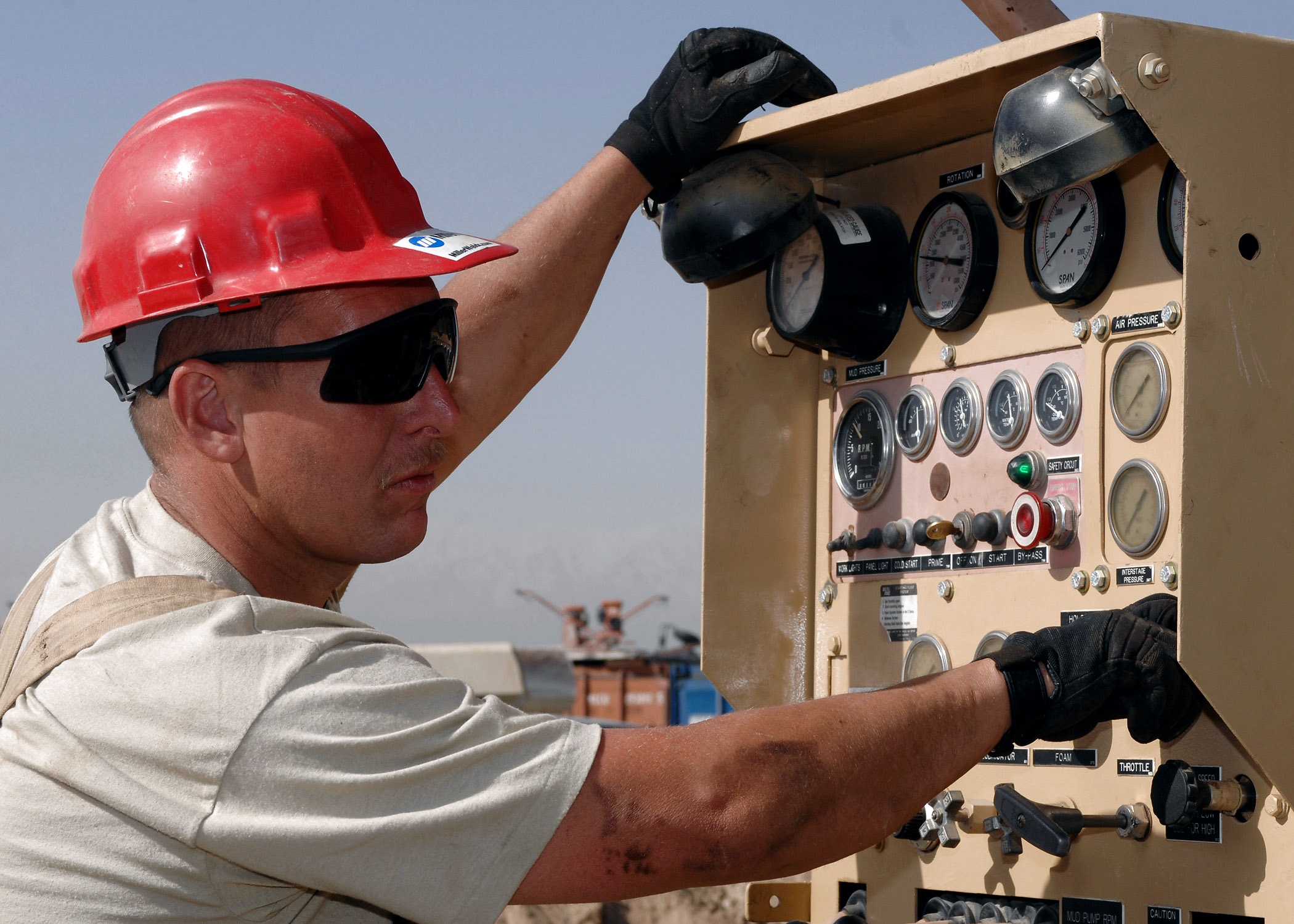The Master of Petroleum Engineering will henceforth be called Geo-Energy Engineering. This goes well beyond just a name change.
"You can still choose a study that is very similar to the old Petroleum Engineering, but the basic curriculum will include more earth sciences and geoengineering." (Photo: pxhere)
In what was previously a Master’s that primarily covered oil extraction, from 1 September 2019 onwards, the overhauled Master’s of Geo-Energy Engineering will cover a wider range of topics. Topics such as geothermal energy and underground storage methods for energy generation such as hydrogen and heat generation will now be part of the basic curriculum.
“Compared to the curricula in the United States where I worked in the oil industry, Dutch students always had a wider perspective,” says Prof. William Rossen, Coordinator of the old degree programme. “We are now strengthening the integration with other subject areas. You can still choose a study that is very similar to the old Petroleum Engineering, but the basic curriculum will include more earth sciences and geoengineering. This could be the effects of oil and gas extraction on the earth’s surface, for example.”
Hopes are, that the new approach will appeal to students
The new degree programme was formed by a group of eight younger scientists in the Department who realised that they would be the ones who would spend the most time working in a changing field. “Oil and gas consumption is decreasing,” says one of them, Dr Femke Vossepoel. “We know that we will have to stop using them altogether at some point. But in the energy transition you cannot just stop in one go. Our knowledge will be relevant for a long time to prevent and control impacts such as subsidence and earthquakes.”
Intense activity underground
At the same time, the lack of space due to population growth will make it much busier underground in the next few decades. Vossepoel explains that “If you look at how oil was extracted in around 1900, you see that people at the time had no idea about the consequences of their activities. The intensive use of the underground space is making us realise that we need more knowledge.”
This is why that the focus of Geo-Energy Engineering is firmly multidisciplinary. Each subject is given by teachers from two different disciplines to ensure that a discussion on where the emphasis should lie will arise early in the preparation. “It really is a complete make-over of the course,” says Vossepoel.
Hopes are, that the new approach will appeal to students. According to Rossen, “Some years ago we had 50 students, which was close to our maximum capacity. Last year there were only 17. This year, with the new degree programme, there are 23. Our sessions clearly showed that students wanted a wider degree programme than we were offering.”
Christian Jongeneel / Freelance redacteur



Comments are closed.